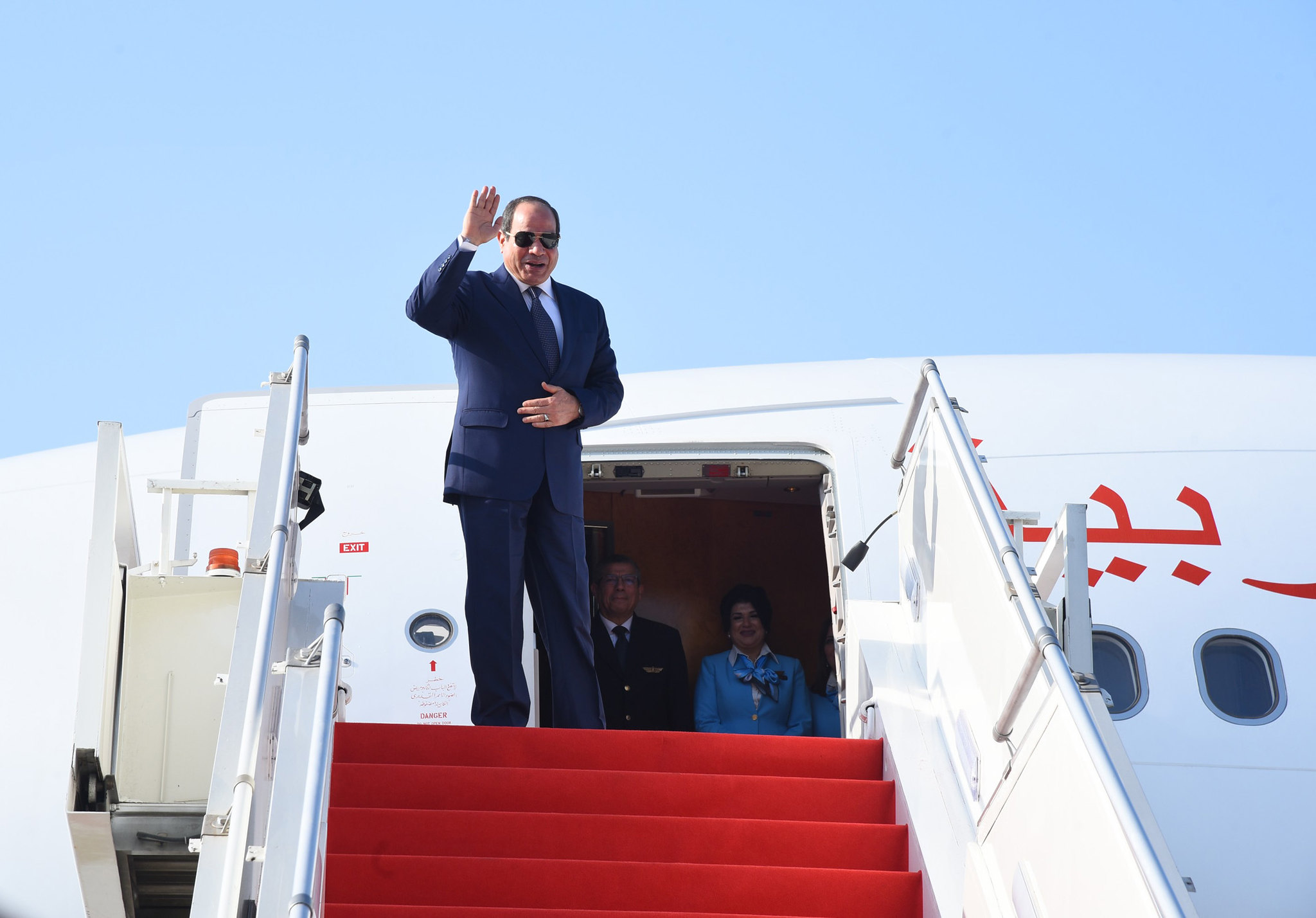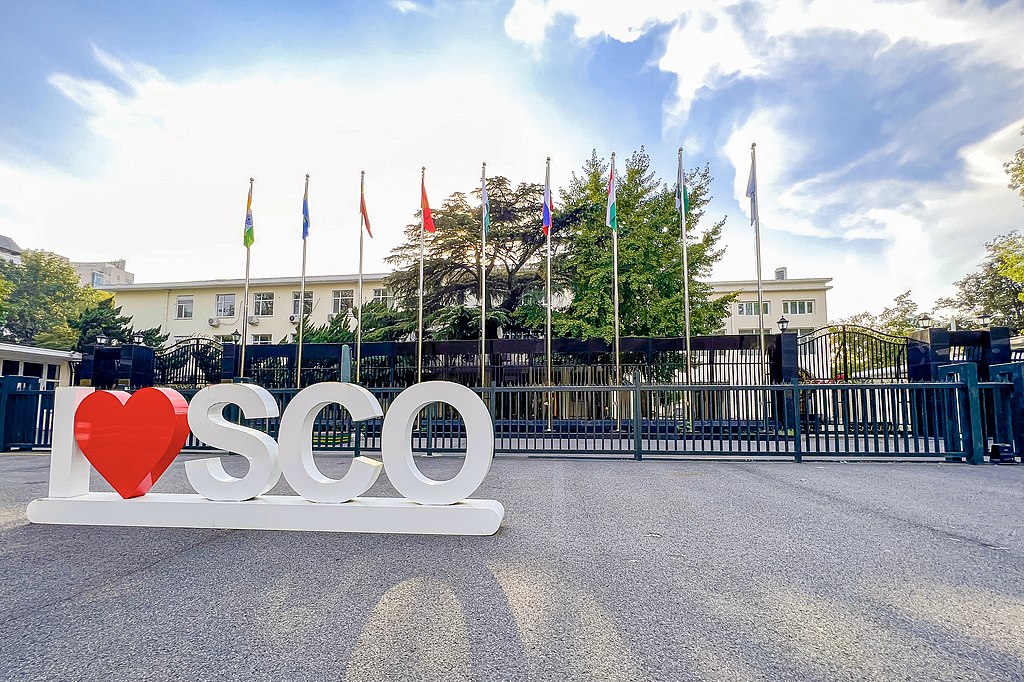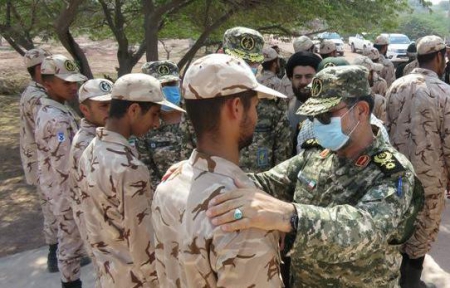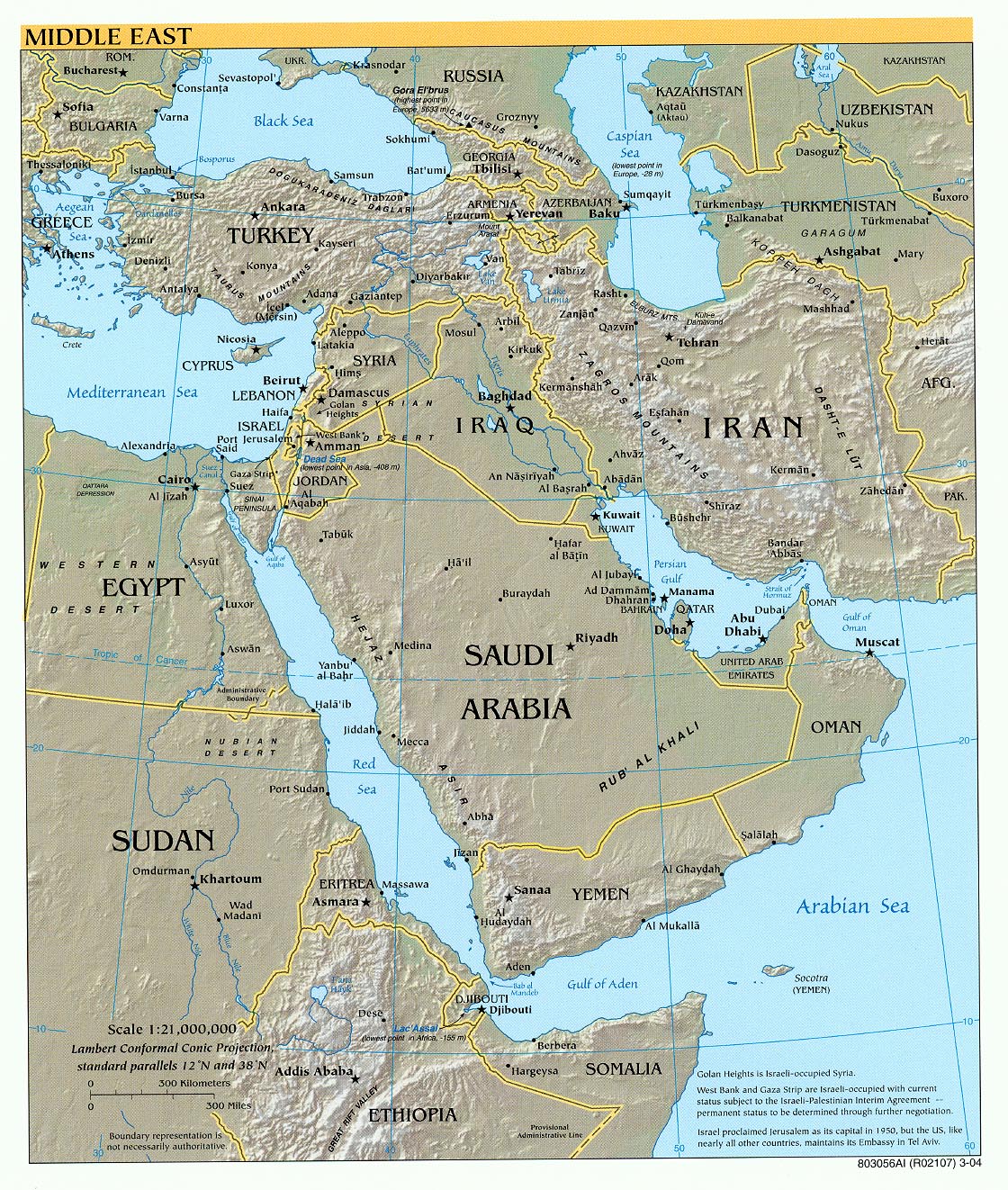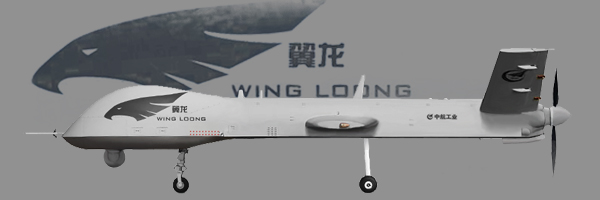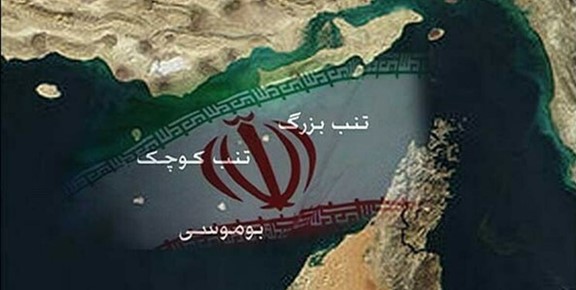
Iranian graphic depicting the strategic location and Iranian control over Abu Musa and the Greater and Lesser Tonb Islands.
“Russia seems to take for granted its relations with the Islamic Republic of Iran.”
Despite official warmth, Iran has reason to be suspicious of Russia, given Russia’s historic willingness to interfere in Iranian politics and/or infringe on Iranian sovereignty.[i] The excerpted opinion piece from Islamic Revolutionary Guard Corps (IRGC)-affiliated news outlet Fararu.ir, highlights that one of the most sensitive sovereignty issues for Iran today revolves around three islands—Abu Musa and the Greater and Lesser Tonb Islands—occupied by Iranian forces in 1971 to prevent the UK from transferring their control to the UAE. While international law sides with the UAE, Iran has been unwilling to return the islands due to their strategic importance overseeing the shipping lanes on the Persian Gulf side of the Strait of Hormuz. Indeed, Abu Musa has become home to a major IRGC base.[ii] The excerpted article seeks to rationalize Russia’s decision to side with the UAE over Iran on questions about the islands’ sovereignty. It argues the UAE is an important outlet for the Russian economy in an era of isolation and sanctions. Russian officials may also believe Tehran has become so dependent on Moscow that Iran has little choice but to accept Russia’s pro-UAE position on the matter. Regardless, short of civil war distracting Iran during any transition following Khamenei’s death, there is little possibility that the UAE could liberate its occupied territories or that Russia could compel Iran to abandon the three islands. Still, Iranians have long memories and are unlikely to forgive the Kremlin for what they see as a betrayal. Iran may tilt more toward China in the future or simply bide its time and lick it wounds. But, when Iranians feel the moment is right, they will use the Abu Musa and Greater and Lesser Tonbs episode to justify a future betrayal of Russia.
Sources:
“Cherayi Mawzehgiri Russiyeh dar Khasus Jazair She Ganeh” (What Explains Russia’s Position with Regard to the Three Islands?),” Fararu.com (nominally independent web portal close to the Islamic Revolutionary Guard Corps), 31 December 2023. https://fararu.com/fa/news/695771
Russia is a country that does not make treaty of friendship with anyone but rather pursues only its own interests. To put it simply, from the Russian perspective, there are no strategic enemies or strategic friends. Russians… do not see everything as zero sum game. For example, Russia is now at odds with the West, but it has also maintained cooperation on some issues, openly or covertly.
With this brief preamble, we return to recent Russian behavior with regard to the three islands. First, we need to look at things globally. Everyone knows well that America’s power in the world, if not weak is waning. On the other hand, China, with its strong economic backing and lack of arrogance in the style of the West – now has a positive image in the world. By mediating between Iran and Saudi Arabia, China somehow announced its presence in the region, though it had been in place for many years as an emerging power in the world that is transforming from bipolar to multipolar….Perhaps one of the main reasons for Russia’s recent stance is the oil dollars of Arab countries, which have caught the eye of [Russian President Vladimir] Putin and Russia under sanctions. Moscow is under severe pressure due to Western sanctions, so it seems that with full cooperation with Arabs on the issue of the three Persian Gulf islands, it intends on one hand to influence the circle of America’s Arab allies and on the other hand, take a realistic view of its national and financial interests…. Russia seems to take for granted its relations with the Islamic Republic of Iran. Since the West has no place in the foreign policy of the Islamic Republic of Iran, Kremlin officials have sided with Arab countries without worrying about Iranian reactions.
Notes:
[i] For an earlier discussion of Iran’s the history and development of Iran-Russia relations, see: Michael Rubin, “Iranian Influence Extends to the Mediterranean,” OE Watch, September 2018. https://community.apan.org/wg/tradoc-g2/fmso/m/oe-watch-past-issues/242569/download
[ii] For background on the island dispute, see: Michael Rubin, “Revolutionary Guard Chief Exacerbates UAE-Iran Island Dispute,” OE Watch, June 2012, https://community.apan.org/wg/tradoc-g2/fmso/m/oe-watch-past-issues/195617
Image Information:
Image: Iranian graphic depicting the strategic location and Iranian control over Abu Musa and the Greater and Lesser Tonb Islands.
Source: https://www.tabnak.ir/files/fa/tags/4706/1674926_155.jpg
Attribution: Tabnak.ir

